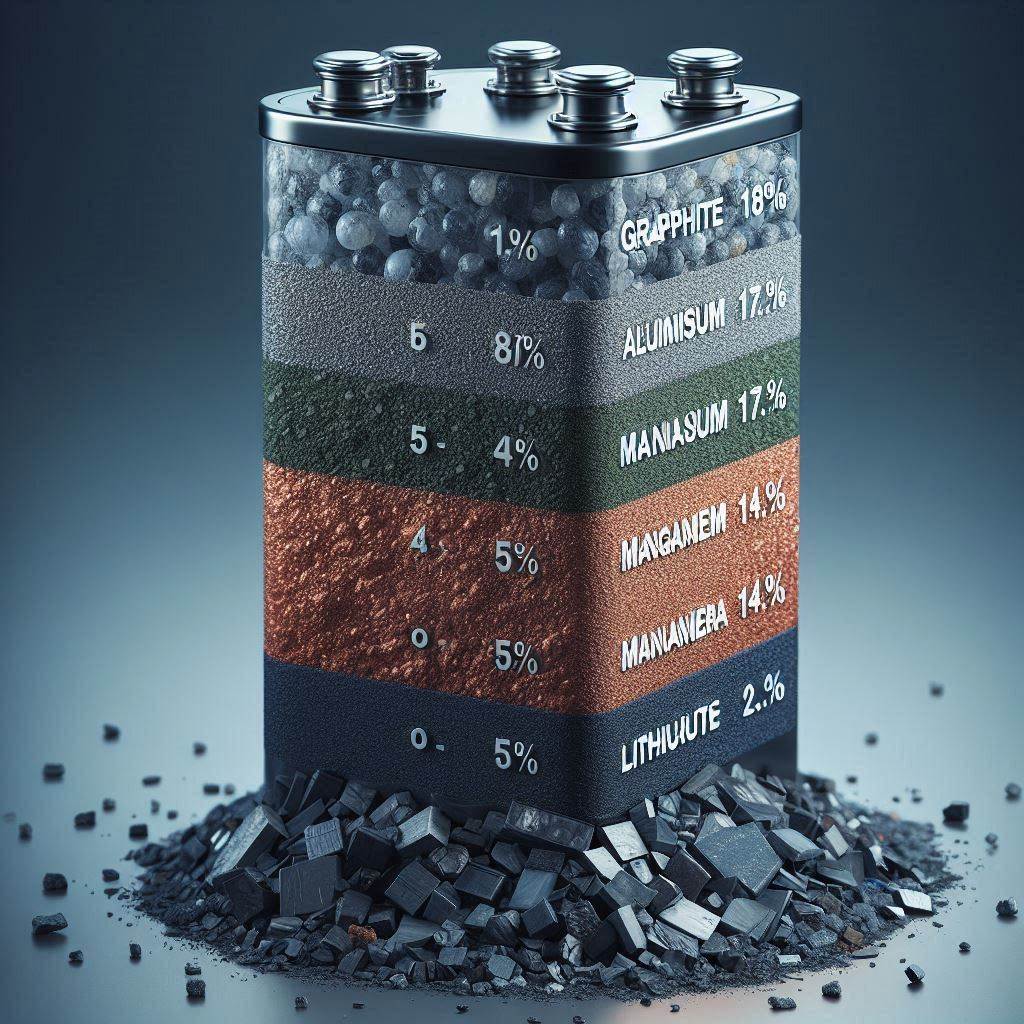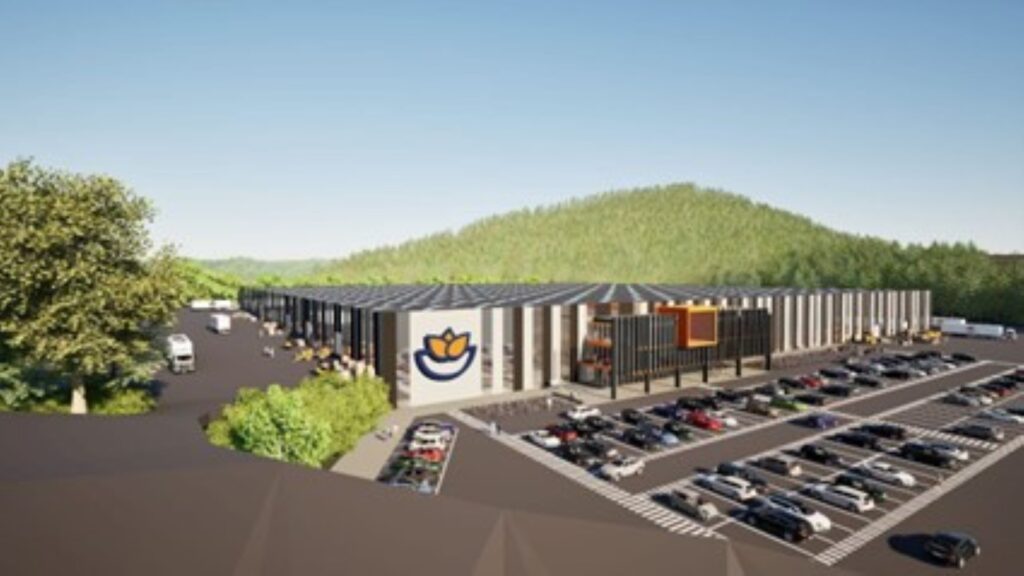Lithium-ion batteries (LIBs) have enabled the development of personal electronic devices, electric vehicles, and energy storage and backup systems that keep data centres hosting the cloud and the entire Internet running. Although LIBs are considered the main driver of green transport in the future, the truth is that the LIB production process is far from environmentally friendly.
SONAGRE’s LIB projects industrialise on a large scale the success of processes developed by university laboratories funded by partner companies and/or subsidiaries, enabling the production of LIBs using processed components from other LIBs as raw materials. SONAGRE’s LIB will be certified as a Circular Economy Product in accordance with UNECE principles.
SONAGRE’s LIBs will be ‘SOLID STATE’, using Lithium-Sulphur-Graphite and Nitrogen technology, with the doping of the solid sulphur electrolyte with Nitrogen atoms being essential, which stabilises the interface with the lithium and reduces reactions that damage durability, In addition, this results in safer LIBs with a lower risk of overheating and a longer service life.
The energy density of the LIBs will be 500 Wh/kg, with a range of storage capacities for SONAGRE’s LIBs based on modules weighing a maximum of 600 kg, between 100 KWh and 300 KWh, which will allow for a range of 3,000 km when used in automobiles.
The first LIBs will leave SONAGRE’s manufacturing modules in January 2027, although the chargers that will allow a recharge from 10% to 80% in less than five minutes will not be developed by the I+D+IA department (Research, Development, and Artificial Intelligence) until the end of 2027.



